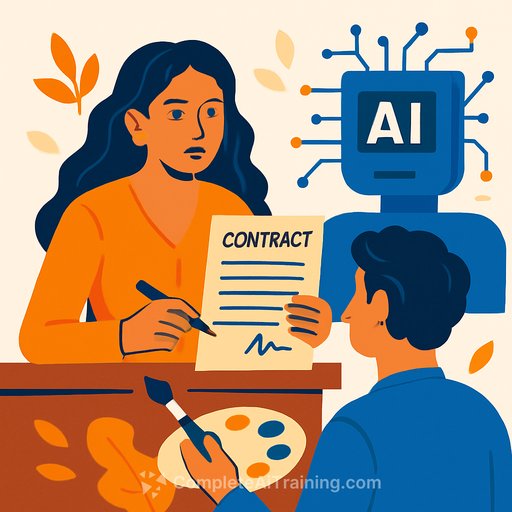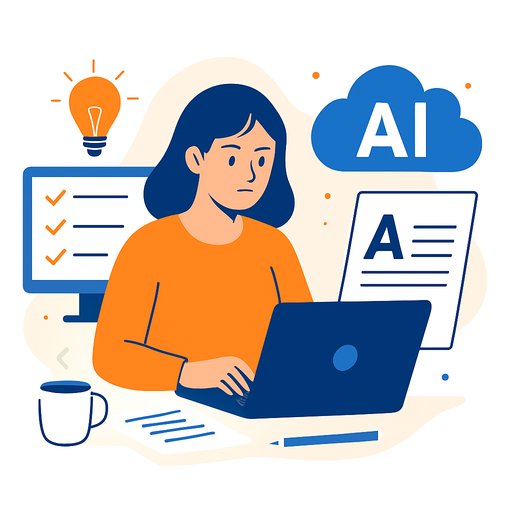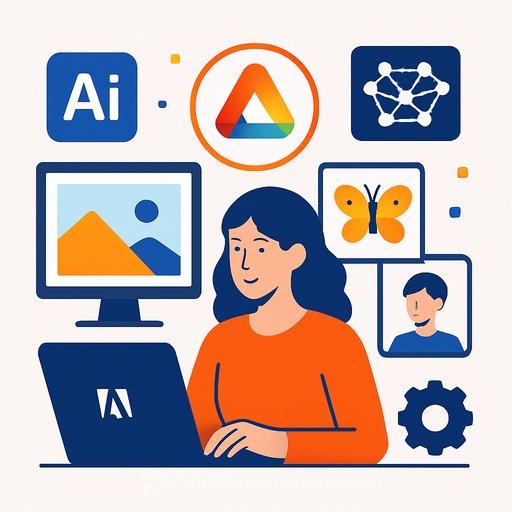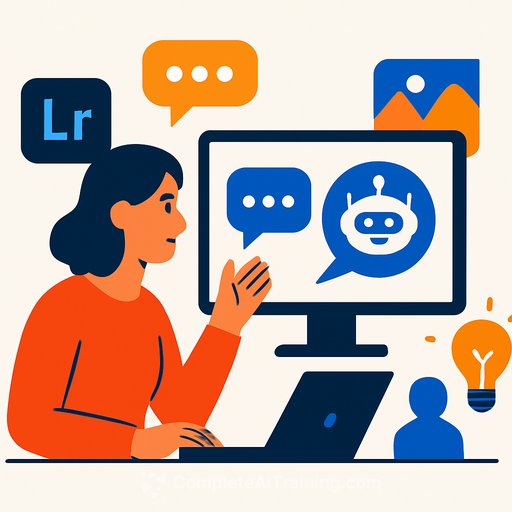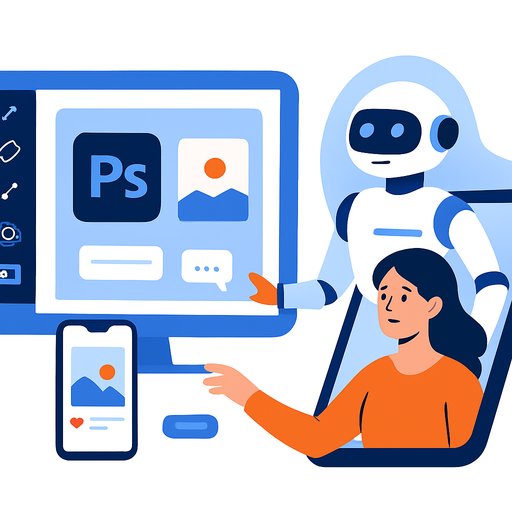Indian Artists Adapt Contracts to Protect Work from AI Misuse, Says Lawyer Priyanka Khimani
Artificial Intelligence (AI) is reshaping how creative content is made, but it also raises serious questions about ownership and control. Recently, the controversy around Eros Entertainment's AI-altered ending of Raanjhana without the director’s consent spotlighted these issues. Lawyer Priyanka Khimani, who specializes in intellectual property rights within entertainment and music, shares insights on how Indian artists are responding to this challenge.
How Indian Law Addresses AI-Modifications of Intellectual Property
Many creators—from filmmakers like Anurag Kashyap to musicians like AR Rahman—have voiced concerns about AI's unchecked use in Indian entertainment. While there isn’t a specific legal framework for AI, Khimani explains that existing copyright laws provide enough protection for authors and rights holders to challenge unauthorized use.
Legal actions, such as Cease and Desist Letters and Take Down Notices, are already being used regularly to stop AI platforms from exploiting creative works without permission. Still, the lack of clear, codified rules around AI in creative fields leaves gaps that need addressing.
Creators Are Proactively Updating Contracts
Indian artists and content creators are increasingly aware of AI’s potential to misuse their work. Khimani notes a significant rise in clients requesting contract clauses that specifically block their intellectual property from being used in AI training datasets or machine learning models.
This shift is more than just copyright protection. Contracts are now also safeguarding personal rights like name, image, likeness, and voice. Creators and their managers want legal agreements that anticipate AI’s capabilities and prevent unauthorized exploitation.
Technology Has Made Content Creation More Accessible
What once required technical skill and expensive equipment can now be done with simple AI prompts. This democratization means anyone can create content, but it also complicates traditional ideas of originality and authorship.
Khimani points out key challenges:
- Who owns a work generated mostly by AI with minimal human input?
- How is infringement determined when AI mimics an artist’s style?
These questions are no longer hypothetical—they are pressing issues for creators today. The law must evolve alongside creativity to address these new realities.
Legal Battles and the Future of AI and Copyright
The announcement of Chiranjeevi Hanuman, a film created entirely by AI, has stirred debate in Indian cinema about content regulation. The Raanjhana controversy further highlights fears that creators might not have enough safeguards against AI misuse.
Currently, an important case involving OpenAI is underway in an Indian court. The Indian Music Industry (IMI) has intervened, expressing concerns that AI training methods may violate music copyright holders' rights.
The outcome could set a precedent for how Indian law handles AI-generated content and copyright infringement in creative sectors.
For creatives navigating this evolving landscape, staying informed and working with legal experts to protect original work is essential. As AI tools become part of everyday creation, the contracts and laws around their use will need to keep pace.
For those interested in broadening their understanding of AI and its impact on creative professions, exploring specialized courses can be valuable. Visit Complete AI Training's latest AI courses to learn more.
Your membership also unlocks:

